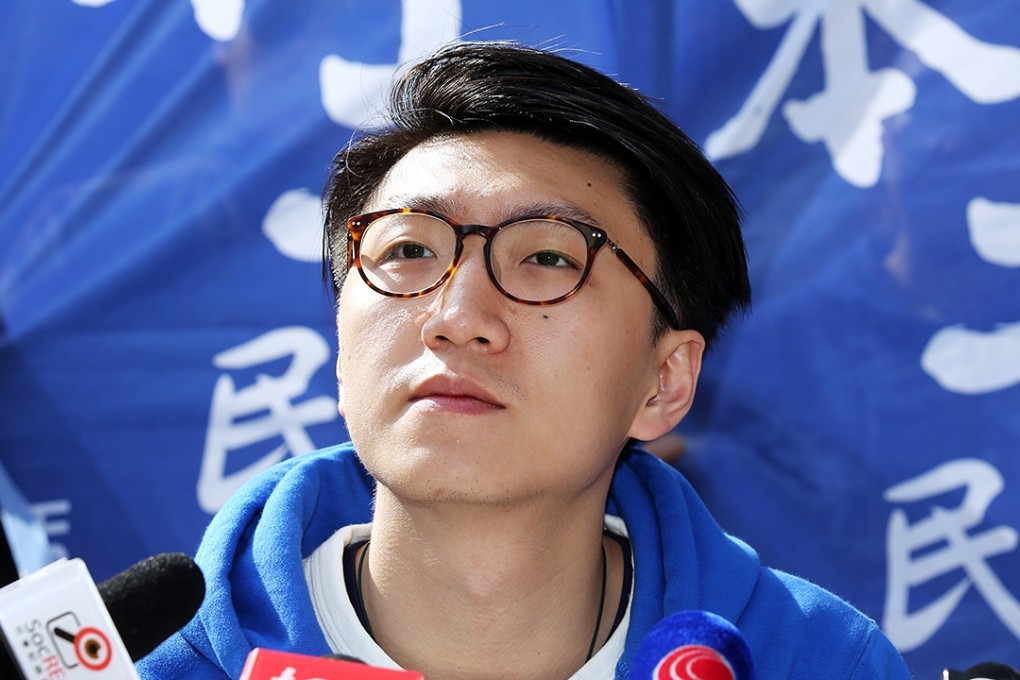Beyond the by-election: Hong Kong young people fuel rise of localism at city’s universities
Post learns that three of city’s eight public universities recently elected pro-localist student unions

Support for localism is on the rise in universities, with possibly up to half of the city’s eight publicly funded institutions installing pro-localist student unions this year, the Post has learned.
But none of the student leaders the Post interviewed insisted on independence for Hong Kong as their desired objective.
They were, however, poised to push for a greater Hongkongers-first approach and what they described as greater protection for the city’s core values.
READ MORE: Localism is becoming a force to be reckoned with in Hong Kong politics
One student leader in the pro-localist camp even said the principle of “one country, two systems” set out by Beijing for the city could still be an acceptable framework.
Localism, a loose movement that mobilises online and campaigns for local identity or independence, has garnered extensive media attention, most recently when Edward Leung Tin-kei, spokesman of localist group Hong Kong Indigenous, won a respectable 15.4 per cent or 66,524 votes cast in the New Territories East Legislative Council by-election.
After the Mong Kok riot last month, which Leung’s group has been accused of instigating, Beijing promptly branded localists who took part in the unrest “separatists”. But the strong poll result suggested greater acceptance of the localist movement than previously thought.
Last week, student union presidents at two local universities also caused a stir when on a radio programme they pledged their allegiance to the ideal of independence.
The Post contacted new student union presidents and contenders for the top student-held post at the city’s eight publicly funded universities to find out whether they supported localism, and, if they did, where their views sat along the political spectrum.